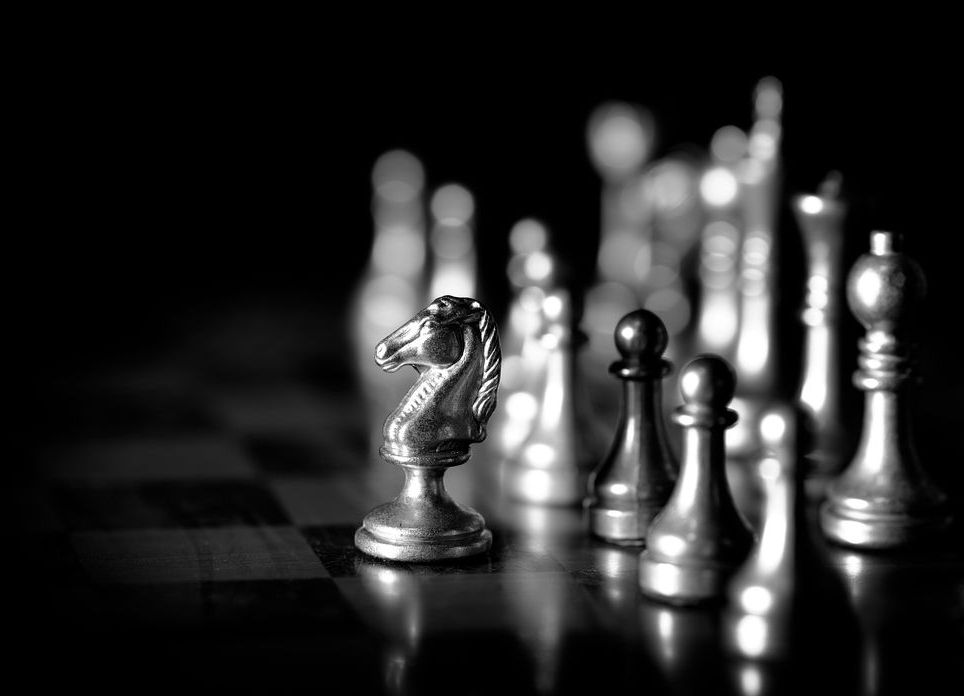The history of chess is a captivating tale that spans centuries, captivating the minds of enthusiasts and strategists alike. Originating in ancient India, chess has evolved into a game of profound complexity and enduring popularity.
The origins of chess can be traced back to the 6th century, where it was known as "Chaturanga" in India. Initially played with different rules and pieces, it gradually spread across the world, adapting to the cultural nuances of each region it encountered.
In the 9th century, chess reached the Islamic world, where it underwent significant transformations. The game acquired its modern Arabic name, "Shatranj," and gained popularity among scholars and rulers. It then made its way to Europe during the Middle Ages, where it flourished under the influence of medieval culture.
During the Renaissance, chess experienced a renaissance of its own. It underwent a series of rule refinements, including the introduction of the powerful queen and the development of more strategic opening moves. The game's complexity grew, captivating the minds of intellectuals and aristocrats across Europe.
In the 19th and 20th centuries, chess witnessed remarkable advancements. The emergence of chess tournaments and the establishment of international governing bodies elevated the game's status to that of a recognized sport. Legendary players like Wilhelm Steinitz, Emanuel Lasker, and later, Garry Kasparov, etched their names into chess history with their brilliant moves and strategic prowess.
With the advent of computers, chess entered a new era. In 1997, the world watched in awe as the reigning World Chess Champion, Garry Kasparov, was defeated by IBM's Deep Blue, marking a milestone in the development of artificial intelligence and its application in chess.
Today, chess continues to thrive globally, both in traditional over-the-board competitions and online platforms. It transcends language and cultural barriers, bringing together players from all walks of life. Its strategic depth, intellectual challenges, and inherent beauty make chess a timeless pursuit for those seeking mental stimulation and competitive engagement.
As you explore the rich history of chess, immerse yourself in the stories of its great players, the evolution of its rules, and the impact it has had on societies throughout the ages. Discover the strategic intricacies that have made chess an enduring symbol of intellectual prowess and indulge in the beauty of this timeless game.
In 1924, the International Chess Federation (Fédération Internationale des Échecs or FIDE) was established, marking a significant milestone in the history of chess. FIDE was founded with the aim of organizing and regulating international chess competitions, as well as promoting the development and popularity of the game worldwide.
FIDE's formation brought together national chess federations from various countries, creating a unified body that would oversee the rules and regulations of chess on a global scale. Its headquarters were initially located in Paris, France, before being moved to Athens, Greece, and later to Lausanne, Switzerland, where it is currently based.
One of FIDE's early achievements was the establishment of the World Chess Championship. The inaugural championship match took place in 1927 between José Capablanca and Alexander Alekhine, with Alekhine emerging as the victor. Since then, FIDE has continued to organize and oversee World Chess Championship matches, showcasing the highest level of competitive chess.
FIDE also introduced the system of chess titles, such as Grandmaster (GM) and International Master (IM), to recognize players' achievements and skills. These titles are awarded based on a player's performance in official FIDE-rated tournaments and their overall rating.
Over the years, FIDE has expanded its activities beyond organizing the World Chess Championship. It has developed a comprehensive system for rating players, known as the Elo rating system, which provides a measure of a player's strength relative to other players. FIDE also organizes numerous international tournaments, including the Chess Olympiad, which is a team competition held every two years.
In addition to its competitive aspects, FIDE has played a crucial role in promoting chess as an educational tool. It has launched initiatives to introduce chess in schools, recognizing the cognitive benefits and educational value of the game. FIDE's efforts have led to the integration of chess into educational curricula in various countries, allowing students to develop critical thinking, problem-solving, and concentration skills through chess.
FIDE has faced challenges and controversies throughout its history, including disputes over World Chess Championship formats and title regulations. However, it continues to be the recognized authority for international chess, striving to promote fair play, inclusivity, and the growth of chess globally.
Today, FIDE remains a driving force behind the development of chess. Its efforts to popularize the game, foster international cooperation, and support players at all levels have contributed significantly to the continued growth and evolution of chess as a sport and intellectual pursuit.
As we appreciate the history of FIDE, we recognize its vital role in shaping the world of chess, providing a platform for players to compete, and advancing the understanding and enjoyment of this ancient and remarkable game.

